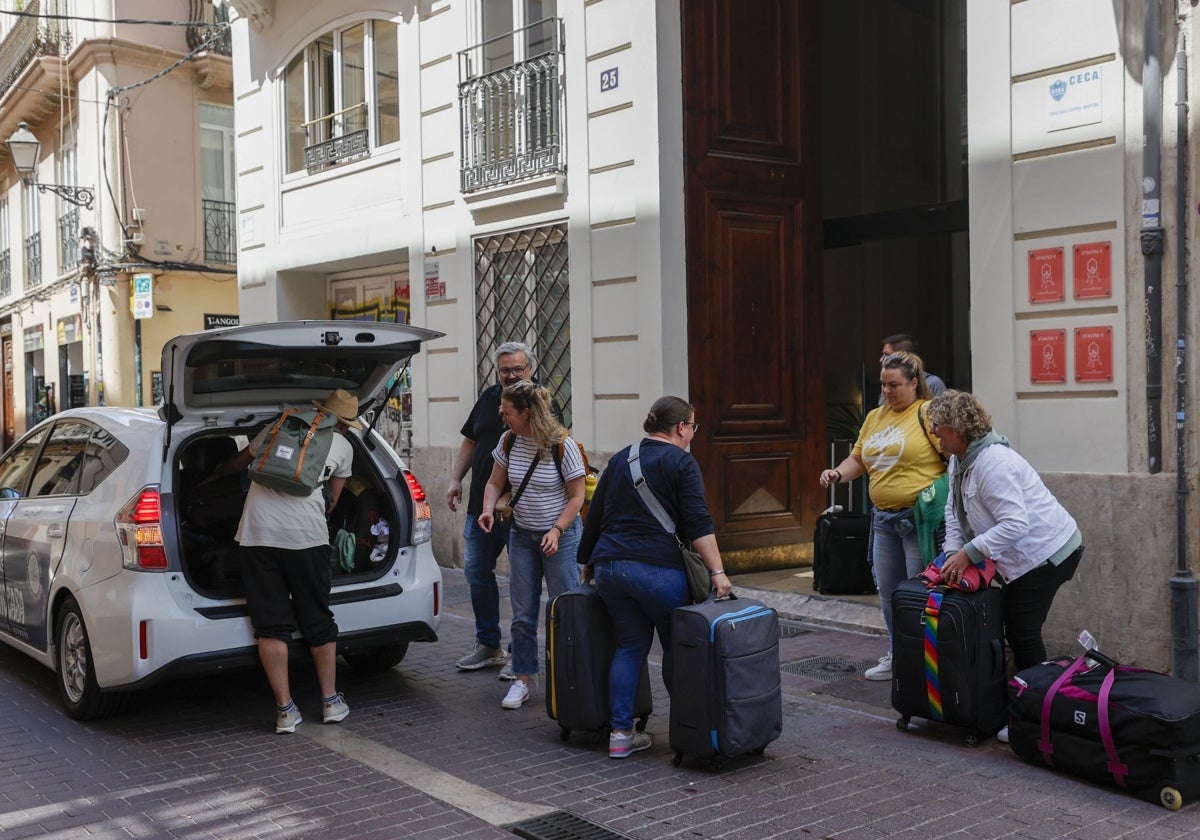
Spain has officially rolled out a new regulatory framework targeting short-term holiday rentals, a move aimed at aligning with European standards and addressing the country's housing crisis. Effective from July 1, the mandate requires all properties listed for tourism purposes, including those on platforms like Airbnb and Booking.com, to obtain a mandatory registration code. This initiative seeks to clamp down on illegal accommodations and ensure compliance across the board.
According to Spain's Ministry of Housing, nearly 200,000 applications have been submitted since the registry's introduction in January, with over 90,000 already approved. The surge in applications highlights the urgency among property owners to legalize their listings, particularly in tourist-heavy regions such as Málaga, the Balearic Islands, and Barcelona. However, with more than 92,000 applications still under review, the process underscores the vast scale of Spain's short-term rental market.
The regulation comes at a time when Spain faces a severe housing shortage, with rising prices making it increasingly difficult for locals, especially the youth and vulnerable groups, to find affordable long-term housing. By implementing this registry, the government aims to restore balance to the housing market, ensuring that tourist accommodations do not exacerbate the existing crisis.
Property owners who fail to comply with the new rules risk being barred from listing their accommodations on popular rental platforms. Despite the immediate enforcement of the registration requirement, officials have clarified that the application window remains open, offering a lifeline to those yet to register. This measure represents a significant step towards regulating the booming short-term rental industry, with the dual goals of protecting residents' access to housing and maintaining Spain's status as a leading tourist destination.

A Madrid court has initiated an investigation into former PSOE organizational secretary Santos Cerdán for alleged false testimony during a Senate hearing about the 'Koldo case.' The Investigating Court Number 24 of Madrid admitted a complaint filed by the organization Hazte Oír, finding...

FC Barcelona has released its latest financial results, revealing a complex picture of record-breaking commercial performance coupled with significant asset devaluations. The Catalan club reported extraordinary sponsorship and commercial revenue of €429 million for the previous fiscal year,...

The Sitges International Fantastic Film Festival of Catalonia 2025 opened its 58th edition on Thursday, October 9, with Julia Ducournau's 'Alpha' serving as the opening gala film. This year's festival, running through October 19, features a record-breaking program of 395 productions between...

Pope Leone XIV presided over a significant canonization ceremony at St. Peter's Square on Sunday, elevating seven individuals to sainthood including Venezuela's first two saints. The ceremony, marked by the ringing of bells and attended by approximately 55,000 people, saw the canonization of...

Pope León XIV presided over the canonization of seven new saints during a ceremony in St. Peter's Square on World Mission Sunday. The newly recognized saints include Ignacio Maloyan, an Armenian Catholic archbishop and martyr; Peter To Rot, the first saint from Papua New Guinea; Vincenza...